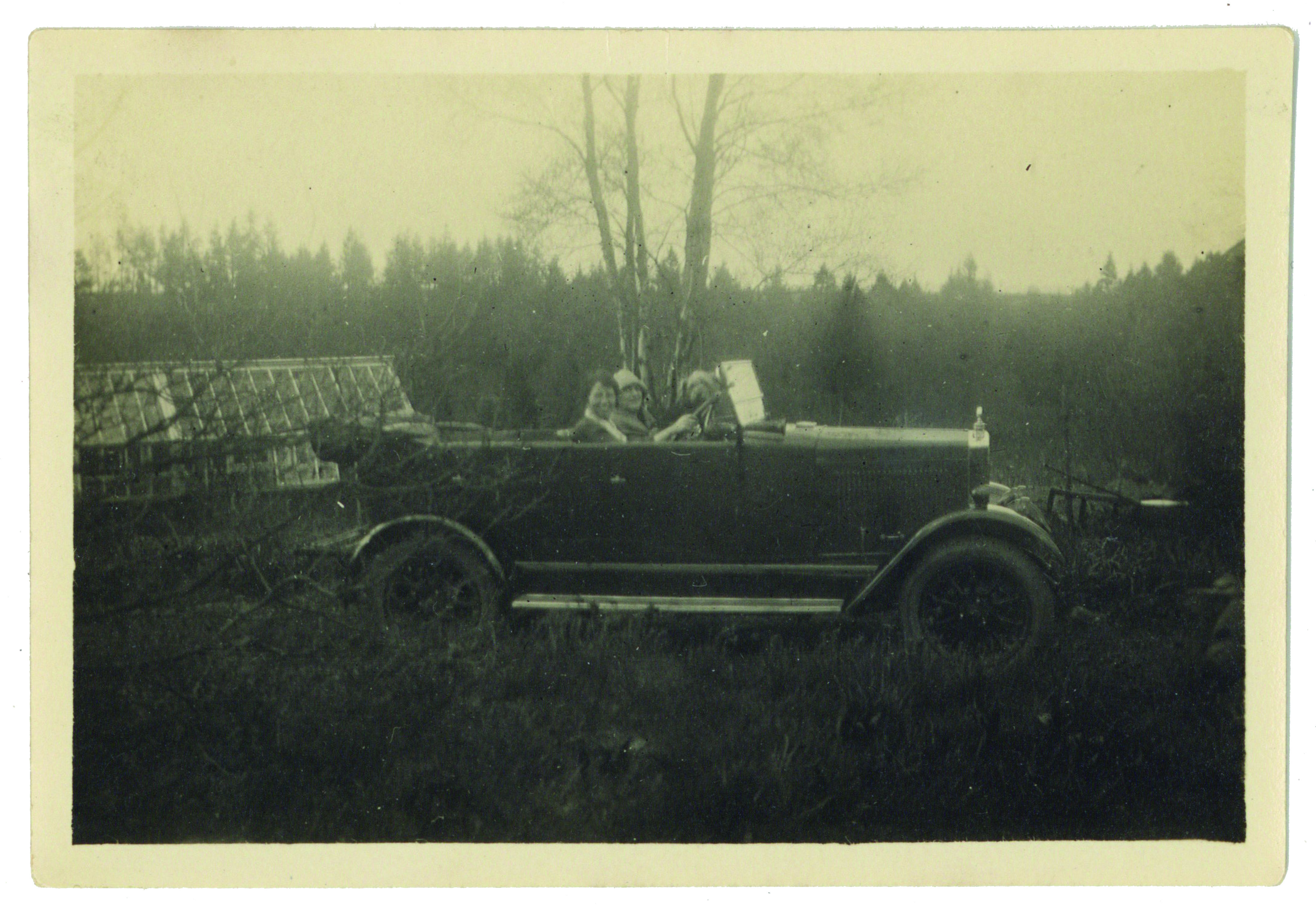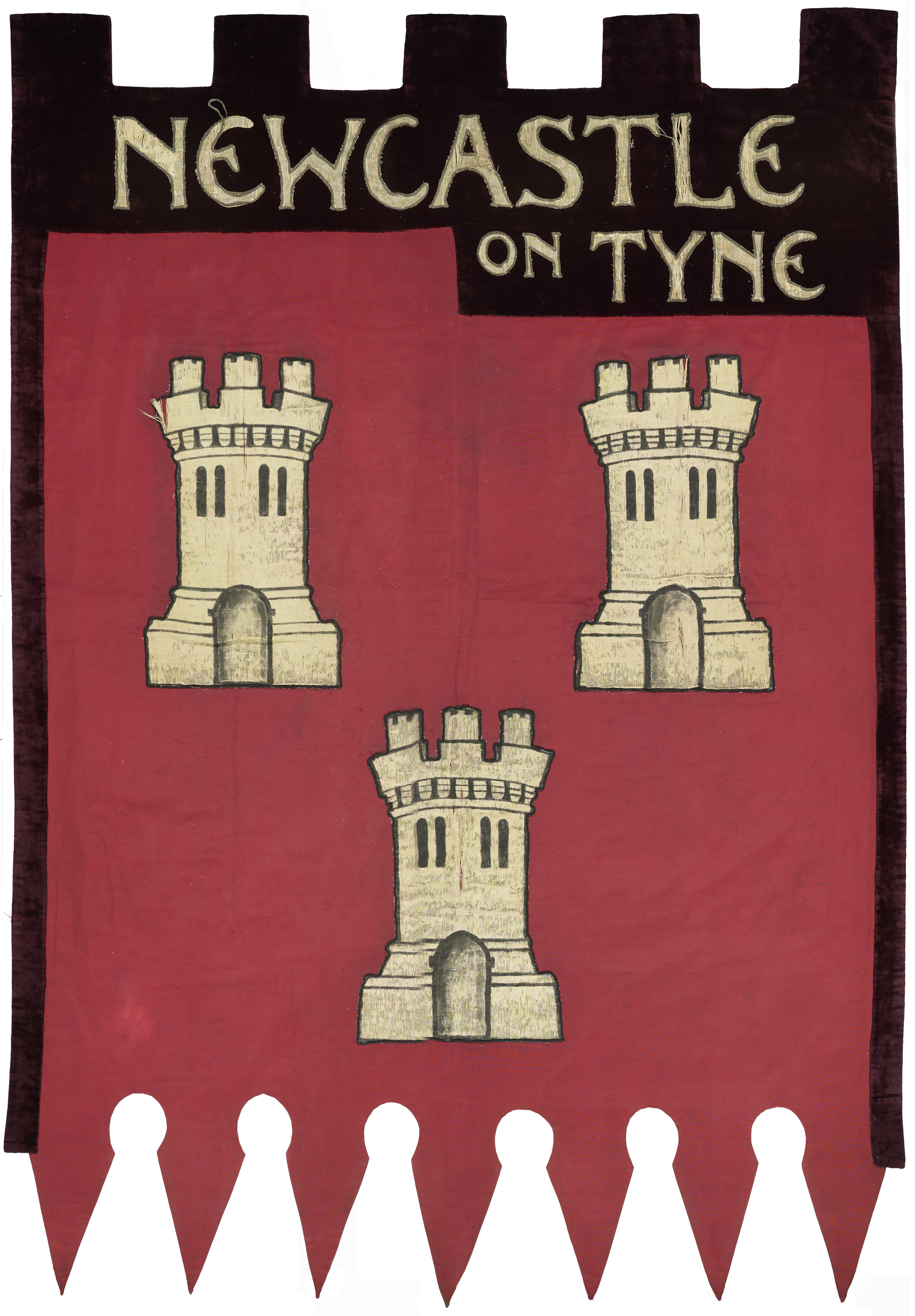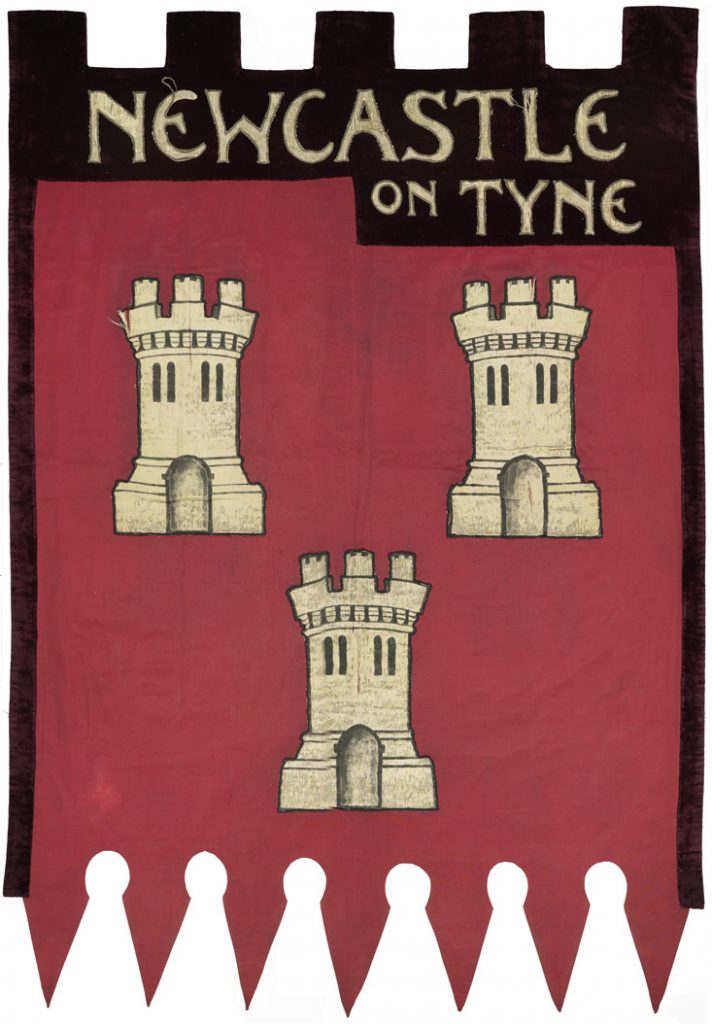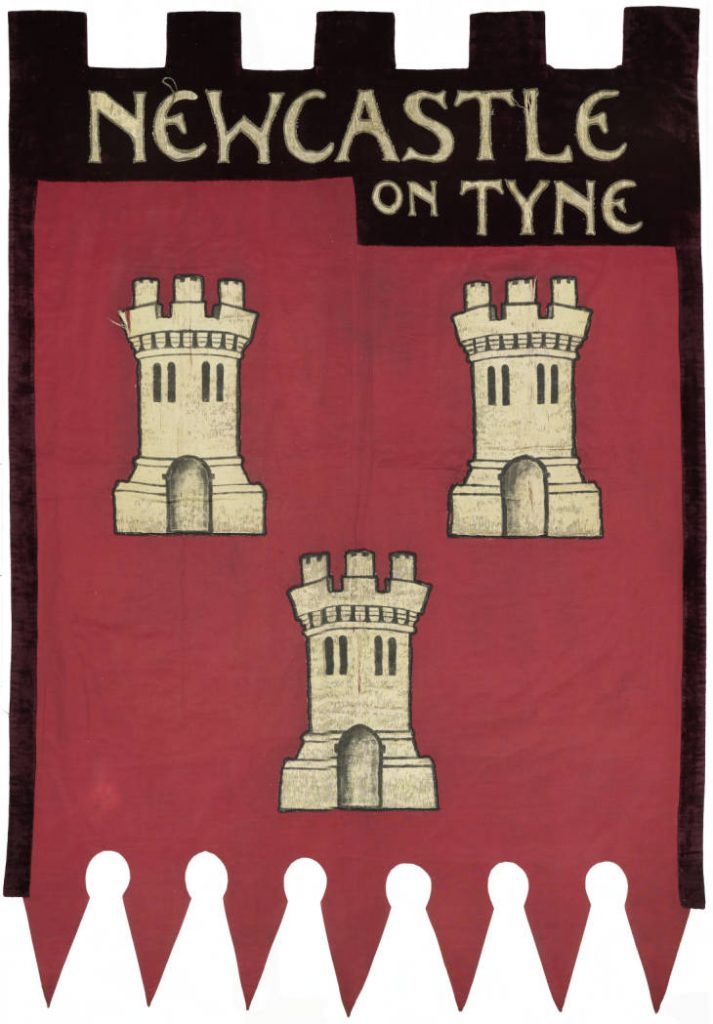To mark the centenary this month of the 1918 Representation of the People Act which gave some womens the right to vote for the first time, our Treasure of the Month takes a closer look at Ethel Williams, Newcastle’s own radical suffragist.
Dr Ethel Mary Nucella Williams (1869 – 1948) was Newcastle’s first female doctor, and became the first woman to found a general medical practice in the city as well as co-founding the Northern Women’s Hospital.
Ethel was also a radical suffragist and pacifist. As a suffragist, she served as Secretary of the Newcastle Women’s Liberal Association and became president of the Newcastle and District Women’s Suffrage Society. As a pacifist, she was a founding member of the Women’s International League for Peace and Freedom.
Being a radical suffragist meant that Ethel believed in more peaceful means of campaigning and demonstration but took a broader view than many other suffragists, who tended to be drawn from the middle classes, recognising as she did that the movement needed the support of working class women, and that the issue of the franchise should draw women from all sections of society together with a common identity.
Ethel was one of the first women in the North East of England to own and drive a motor car. We see her here photographed with her car, which was crucial to enable her work in mobilising the women’s suffrage movement in the region.
Ethel took part in the ‘Mud March’ of 1907 in London, the first large procession organised by the National Union of Women’s Suffrage Societies Sand so-called due to the terrible weather conditions on the day. Despite the hardship, over 3,000 women from all walks of life took part.
This Ethel Williams Archive in Newcastle University Library’s Special Collections includes letters from her contemporaries, a number of photographs of her throughout her life, and objects connected to her involvement with the campaign for women’s suffrage, including a suffragist banner and a ‘Winged Victory’ statuette bestowed on her in 1918 to commemorate the Representation of the People Act which momentously gave women householders and wives of male householders over thirty the right to vote for the very first time.
Ethel’s suffragist banner is currently undergoing conservation work at The People’s History Museum in Manchester; when it returns to Newcastle later this year, it will be fit to be enjoyed by all as we celebrate this significant centenary year of women achieving the vote.
Learn more about the Ethel Williams Archive in Special Collections here.
And read more about Ethel’s suffragist banner here.





